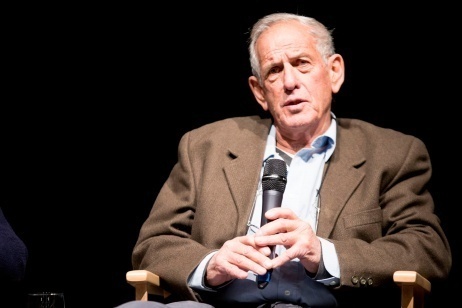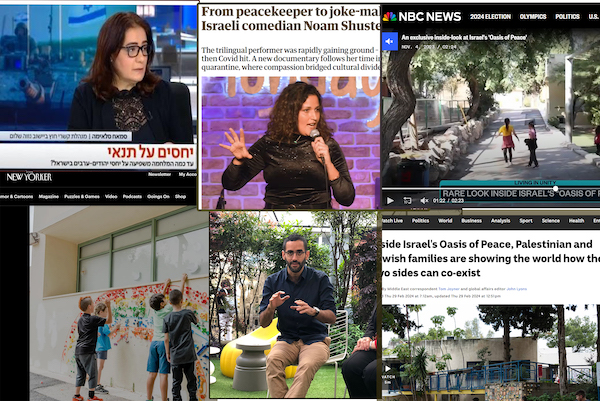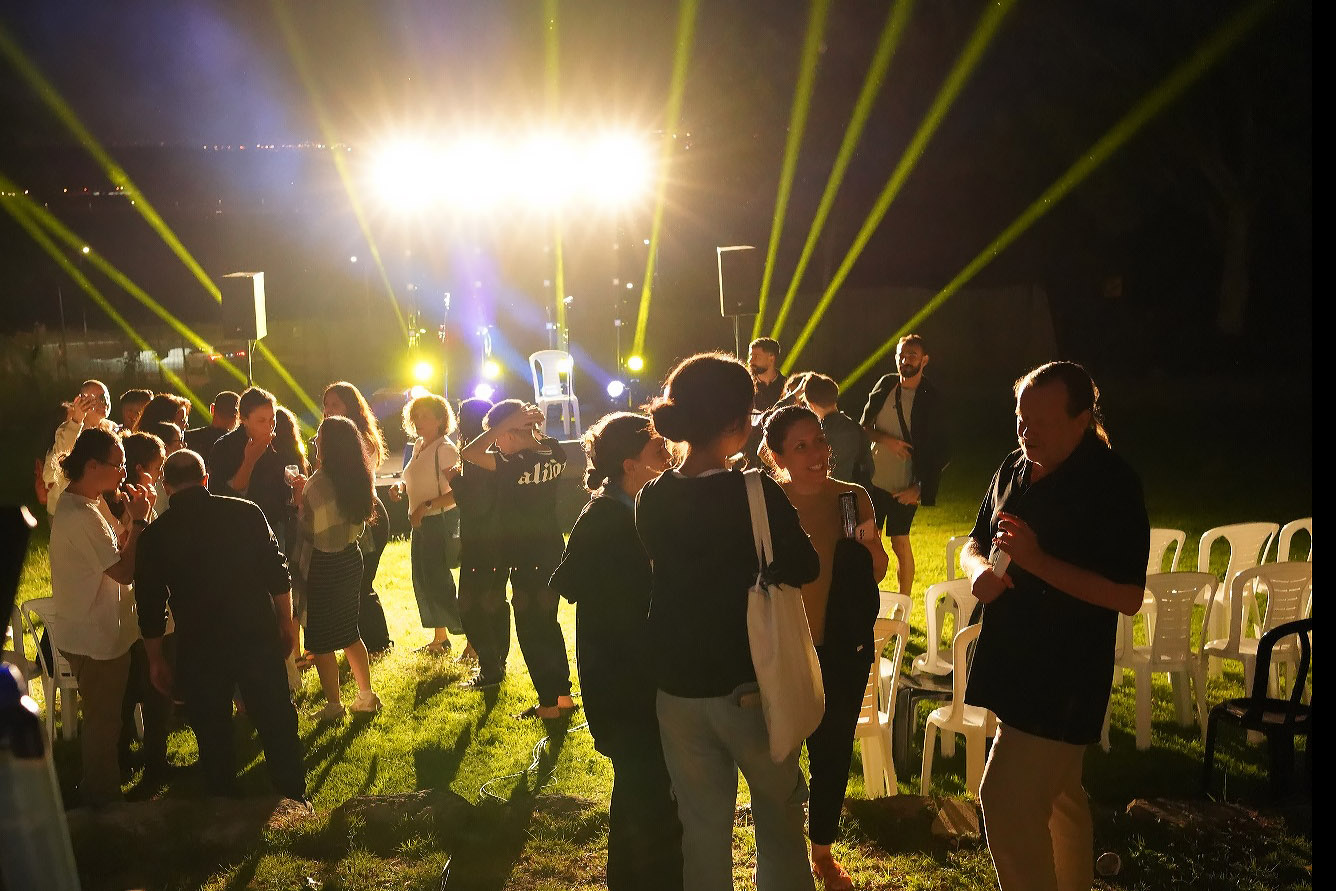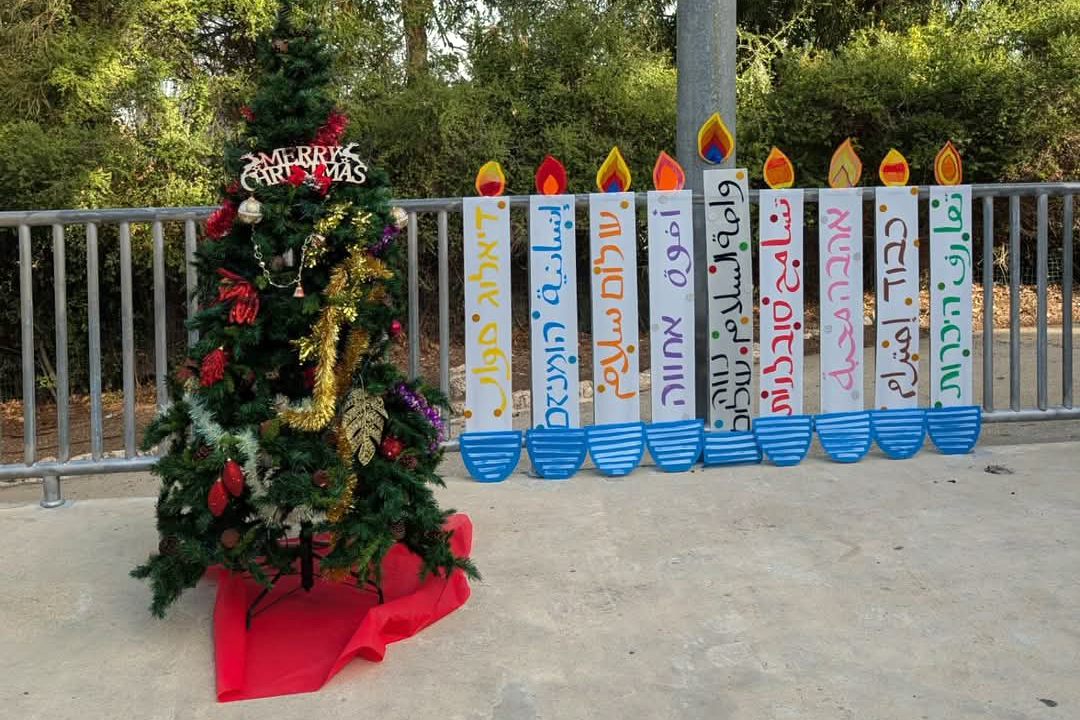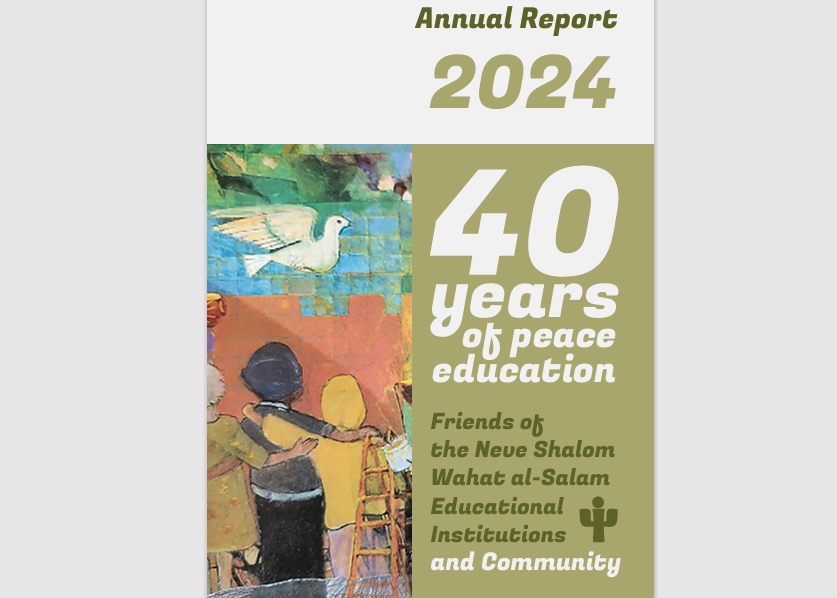In the yard surrounding Yair’s house, among the flowers he has been tending for years, there is a commemorative corner decorated with tiny seedlings planted in flower pots made of used stun grenade shells. These flowerpots honor Bassem Ebrahim Abu Rahma, a Palestinian activist who was killed in 2009 by a stun grenade thrown by soldiers at protesters in the Palestinian town of Bil’in. Bassem was an activist who was protesting the expropriation of land in Bil’in. The protest was led by Palestinians, but Jews were there, participating. In his book, “Rescuers of 1929”, published in 2017, Yair wrote, “We are on the brink of an abyss, and we might be approaching the stage of no return. It is very difficult to fight racism. There is no chance of eliminating it, but it is necessary to try to reduce it.” He added, “The values of the sacredness and equality of human life, regardless of the individual, apply to all of us as human beings, without distinction: Gypsy, Armenian, Tutsi, Palestinian, and Jew – we were all born the same.
The people who chose to rescue others performed, in my opinion, the highest act of humanity. Nothing could be more sublime than this. ‘A divine act,’ one might say. Commemorating such acts in our village is another expression of our intention to continue spreading and honoring these values.”
For years, Yair studied the phenomenon of genocide. In recent years he has decided to focus on acts of kindness. He is particularly interested in finding out what leads people to perform noble acts of rescue in times of war. He started to document stories of rescue and saw the importance of commemorating and honoring those who acted with courage and humanity during times of murder, massacre, and genocide. As he writes in his book, “I will not be among the silent.” As part of this work, Yair has traveled to different places around the world collecting testimony and stories about Circassians who rescued Jews, Turks who rescued Armenians, Armenians who rescued Jews, and Tutsis and Hutus who broke with the boundaries of their groups and protected their neighbors in Rwanda.
These stories have been documented and published in his books. The goal of Yair’s work is to commemorate the noble acts of humanity that stem from a simple – but not self-evident – idea that human life is sacred. Professor Yair Auron has published close to forty books on the subject of genocide, including on the ways genocide is taught in Israel and in the world. His books also cover the topics of Jewish and Israeli identities, Jewish-Palestinian relations and, as mentioned, rescuers’ stories. One of the events that pushed Yair to take action was the refusal to recognize the rescuers from Baslani, a Circassian village of Muslims, who saved Jewish children during World War II. In 2015 Yair, with a small group of friends supported by the organization, Gariwo: Gardens of the Righteous Worldwide, founded International Rescuers, and the Garden of Rescuers at Wahat al Salam – Neve Shalom. The Garden of Rescuers gives a stage to and respect for the voices of those who acted in the past and those who keep acting in the present for the sake of others, whenever and wherever their lives and their freedom are endangered. The Garden of Rescuers enables us to create an alternative narrative around the question of who are our role models and who is a hero or a heroine in our eyes.
